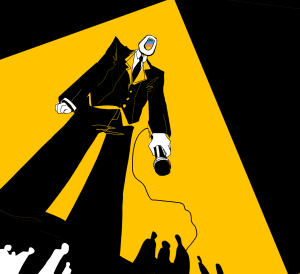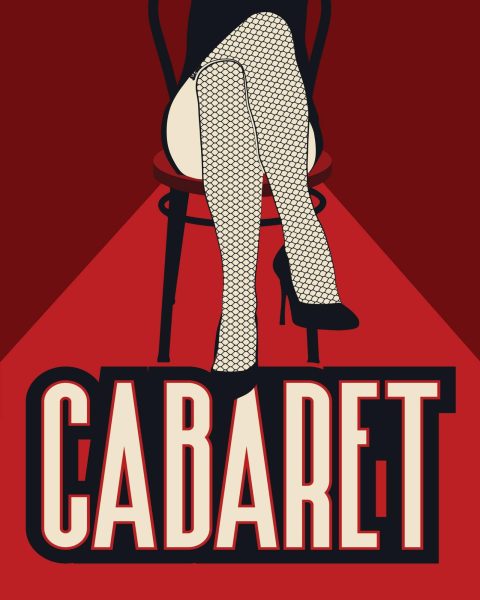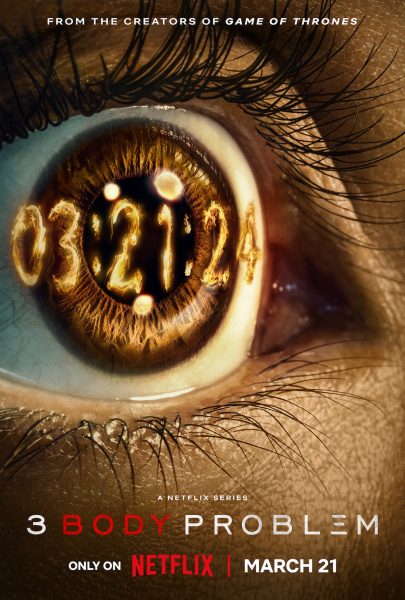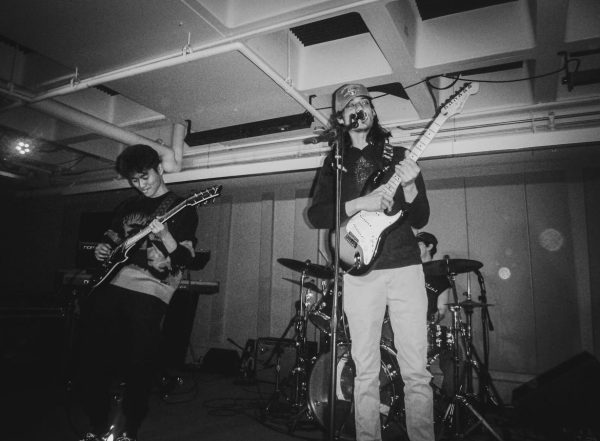Fate and Freedom through music and movies
October 24, 2013
The Cleveland Orchestra, the Cleveland Institute of Art’s (CIA) Cinematheque and the Cleveland Museum of Art (CMA) have joined forces to create the massive Fate and Freedom festival to span this upcoming week.
According to Mark Williams, the Cleveland Orchestra’s director of artistic planning, this weeklong festival is “very different from what [the Cleveland Orchestra has] traditionally done.”
The Cleveland Orchestra will perform six symphonies during the festival; three by Beethoven and three by Shostakovich. Williams worked closely with Franz Welser Möst, the Cleveland Orchestra’s music director, to decide on the week’s schedule.
The festival starts on Tuesday and runs through Saturday evening, and begins with a single showing of “A Clockwork Orange” at CIA’s Cinematheque at 7 p.m. John Ewing, who is both the Curator of Film at CMA and Director at CIA’S Cinematheque, believes the movie is an appropriate opening for the week’s theme.
“’A Clockwork Orange’ is a perfect addendum to a fate and freedom festival because it not only features Beethoven music and the Alex character, who is totally smitten with Ludwig Van, but the film itself really deals directly with issues of fate and freedom,” said Ewing.
Ewing will provide preshow remarks, and the film will be presented in 35 mm film, its original format.
“It’ll have a different look to it,” said Ewing. “If Stanley Kubrick were alive, I think he would have wanted to see it this way.”
On Wednesday, “The New Babylon” plays at CMA with a preshow discussion by Ewing and composer Frank J. Oteri at 6:30 p.m. “The New Babylon’s” soundtrack was written by Shostakovich, but in the past it has been difficult to time the movie with its music correctly.
However, a disc was custom-made for this event, with a music track that is perfectly timed with the film. Ewing asserts that it will be “the most authentic presentation of ‘New Babylon’ that has ever been seen in Cleveland.”
Thursday brings in the first performance by the Cleveland Orchestra with Beethoven’s third symphony and Shostakovich’s sixth symphony. This event will have a preconcert talk with Williams and Möst to discuss the festival itself and music by Beethoven and Shostakovich at 6:30 p.m., and the show starts at 7:30 p.m.
Beethoven’s fourth symphony and Shostakovich’s eighth will be performed on Friday, and this performance will be precluded by a preconcert talk with Oteri and Oberlin College Professor Rebecca Mitchell at 7 p.m. Mitchell is a history professor at Oberlin, and will offer insights to the political climate relative to the pieces.
The concert that has created the most buzz for the Fate and Freedom festival, however, is Saturday’s performance of Beethoven’s famed fifth symphony, coupled with Shostakovich’s 10th symphony.
Williams shared insight about the two pieces. “I think that Beethoven had this great optimism about life, and then Shostakovich and his tenth symphony… there’s no optimism there.
“[Beethoven 5] ends in such incredible triumph; in some ways, it’s the kind of ideal of what humanity should be. We’d rise above our problems, and there’s a brighter future ahead,” said Williams. “From what I hear in [Shostakovich 10], for him, things aren’t going to get better.”
Preceding the Saturday show is a chamber music performance which will feature shorter pieces by both Beethoven and Shostakovich, in the smaller and more intimate setting of Reinberger Hall.
Students may receive discount tickets to all events. The Cleveland Orchestra offers student tickets for $10, while CIA’s Cinematheque offers tickets for anyone under 25 years old for $6. The price for student tickets at CMA is $7. Also, The Cleveland Orchestra, CIA’s Cinematheque and CMA all offer membership deals or ticket bundles.
Williams believes the entire festival will draw a sense of connection. “It’s important to remember that classical music is not in a box; these people dealt with the things we deal with today,” he said. “It’s something that Stanley Kubrick and Soviet filmmakers were thinking about too.”
Ewing sees the political ties in the films he will present as well. “New Babylon” was more of a political tool than an artistic palate. “Film was used to convince the populace that Communism was the way to go,” he explained.
Though these issues are not as prevalent in America, political systems are, at their very cores, turbulent. Artistic history will always offer invaluable lessons despite often being brushed off as irrelevant.
The Fate and Freedom festival is here to prove just that.
“Shostakovich is now gone and buried, but we still have the same problems,” said Williams.
Edit, Oct. 26, 2013, 1:12 p.m.: Corrected name of festival throughout story. Katy Witkowski, Arts & Entertainment Editor






















